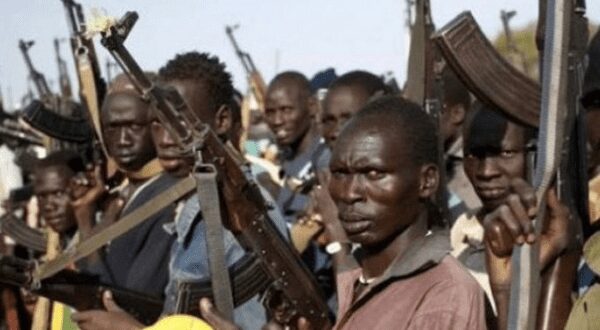President Buhari said that security forces have turned the heat on terrorists “who are getting frustrated and are soft-targeting innocent citizens, looting their assets, burning their homes and killing them indiscriminately.”
The death toll from weekend attacks on villages in Nigeria’s northern state of Kaduna has risen to 38 as more bodies were recovered, the state government has said.
“No group has claimed responsibility for the attacks but they are suspected to be by the gangs of bandits who have killed at least 2,500 people in the northwest and central states so far in 2021, according to statistics collated by the U.S. Council on Foreign Relations,” AP reported.
Security agencies have so far gathered 47 bodies across three villages in the state’s Giwa local government area, which were attacked by gunmen between Saturday night and Sunday morning, said Samuel Aruwan, commissioner for internal security affairs in Kaduna.
“Twenty-nine of the victims have been identified, with nine remaining unidentified,” the official said, adding that authorities are searching for more victims. Nigerian President Muhammadu Buhari has condemned the attacks in Kaduna state, saying the gruesome nature of recent incidents in the state has made him “particularly sad.”
Buhari said security forces have turned the heat on terrorists “who are getting frustrated and are soft-targeting innocent citizens, looting their assets, burning their homes and killing them indiscriminately.”
The Nigerian leader reiterated his directive to security and intelligence chiefs to do everything they could to destroy the remaining vestiges of the terrorists and bandits.
Armed attacks have been a primary security threat in Nigeria’s northern and central regions, resulting in deaths and kidnappings. “The armed groups mostly consist of young men from the Fulani ethnic group who had traditionally worked as nomadic cattle herders and have become caught up in a decades-long conflict with Hausa farming communities over access to water and grazing land,” AP explained.
 Eurasia Press & News
Eurasia Press & News



